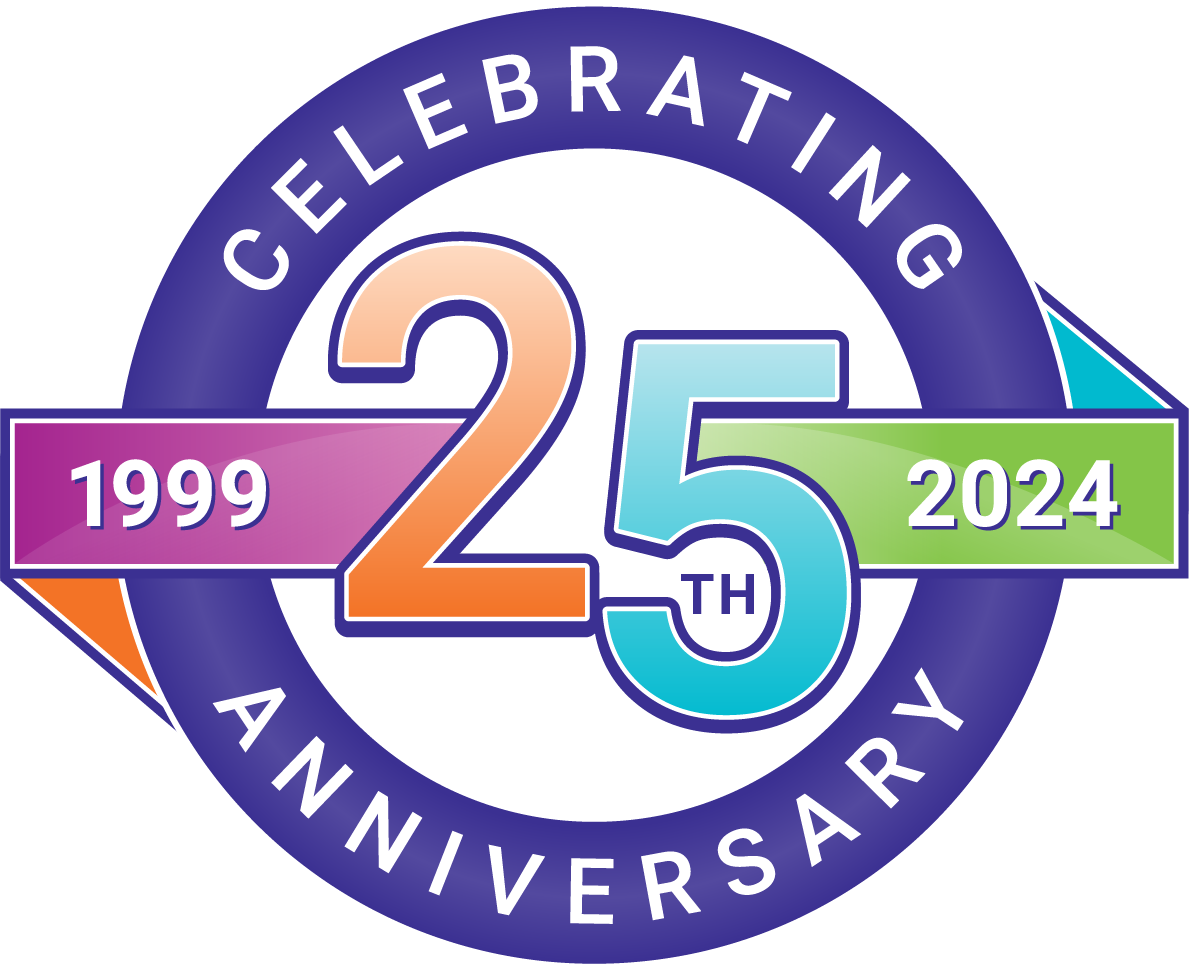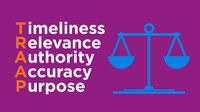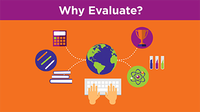Evaluating Sources
Now that you have some possible sources, it is time to evaluate them for both quality and to see if they fit your research topic. Now it is time to TRAAP it.
T |
Timeliness |
Is it up to date or current? Does the age of the information matter for your research topic? |
R |
Relevance |
Does the information match your topic? Yes? Use the source. Maybe? Keep it to see if you need it later. No? Do not use it. |
A |
Authority |
Determine if the author is an expert. For books, magazines, or newspapers that you find in a library or in a database, an editor or librarian has already checked for authority. Since anyone can publish information on the Internet, it is especially important to check for authority on websites. |
A |
Accuracy |
Is the information reliable and correct? For books, magazines, or newspapers that you find in a library or in a database, an editor or librarian has already checked for accuracy. Since anyone can publish information on the Internet, it is especially important to check for accuracy on websites. |
P |
Purpose |
Determine why the information was created. Is the author trying to persuade? Sell? Entertain? Inform? If the author is trying to persuade, take note of that, and you may want to find an opposing viewpoint. |
Evaluating & Choosing Sources Video
Check out this video to learn more about evaluating and choosing sources.
Evaluating Websites Video
Anyone can publish information on the Internet, so you need to be extra vigilant when evaluating online information. This video focuses on that.
Next => Now that you have chosen your sources, it is time to use your sources.


